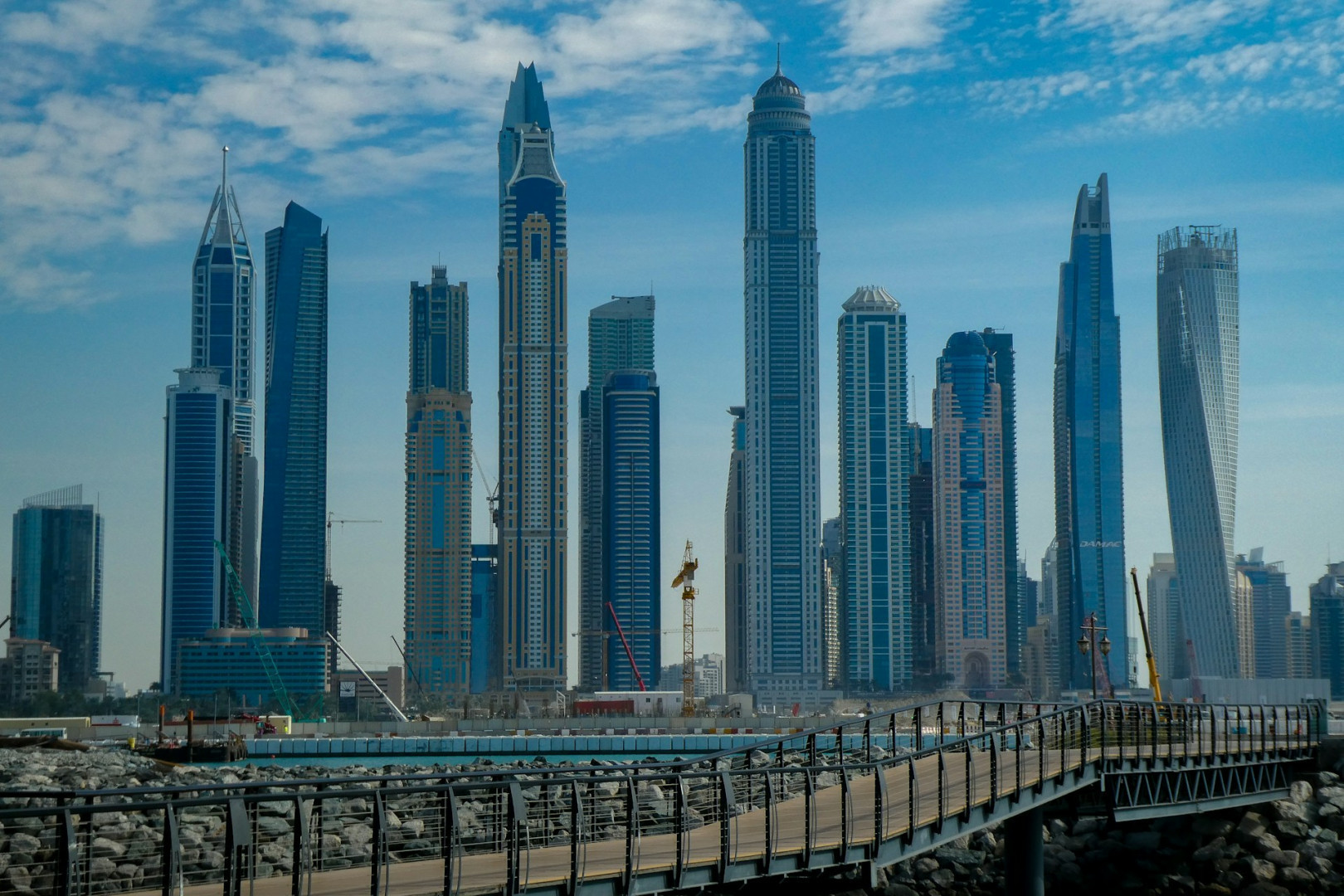
Off-plan properties
About us
Until now, real estate investing has been one of the mainstays in creating wealth, but more and more investors are turning to Dubai. An expanding economy, favorable attitude toward investors, and solvency are just a few of the reasons Dubai provides some of the most fascinating real estate investment prospects for people considering foreign ownership.
In Dubai, investors can choose from several types of properties, each with its own potential for returns and risk profiles.
Dubai has several benefits for a property investor, which makes it a lucrative market. The most interesting reason to invest in Dubai real estate is its tax-friendly environment. For the most part, there are no regular property taxes and no capital gains tax on transactions for non-residents. Rents received for properties in a non-impaired ownership are also not taxable. Therefore, it is feasible to make a high return on investment without encountering high tax costs associated with it. Foreign ownership allows persons to purchase property in particular freehold areas, thus acquiring complete ownership rights.
Lastly, the demand strongly drives the real estate market. Dubai is a world business and tourism center with numerous expatriates. This is also the capital of those who have made a career and money abroad. In contrast to the general level of income, there are the richest people in the world and various social classes living there. Demand is provided by the city’s economy, which has long been characterized by a diversified economy and minimal dependence on oil. Along with the development of technology, logistics, and financial industries, Dubai has the potential as a tourist center. It is bolstered by the constant flow of migrants to Dubai, the growing population, and benefits from the positive economic outlook.
Dubai has strong potential for rental yield and capital appreciation. Rental yield considerably exceeds that in other major cities. Homes in specific submarkets have seen significant capital appreciation. Some residential values have increased by more than 20% year-on-year until 2024. Dubai’s strong infrastructure, new development, and global placement continue to support further growth.
The regulatory environment in Dubai has changed and become more transparent and foreign investor-friendly. Dubai has an established legal system that is built on specific freehold zones in which a foreign investor can purchase or lease real property. Dubai-based property acquisitions are reviewed and finalized by the Dubai Land Department.
Dubai is the most popular city among people thanks to first-class infrastructure, high-quality amenities and service, large city lights, and vibrant city life. Many investors consider Dubai an opportunity due to real estate that is a future-proof city thanks to living concepts and branded residences, smart homes, sustainable cities, and smart technologies. All of those contribute to the growth of the real estate market in Dubai.

Here are some recommended steps and considerations if you’re seriously looking to invest in Dubai real estate:
Investment properties in Dubai present a strong proposition: a tax-efficient environment, robust demand, diverse property types, and global connectivity. Whether you aim for rental income or capital growth, Dubai offers many options — but success depends on matching the right type of asset, in the right location, and managing the risks appropriately.